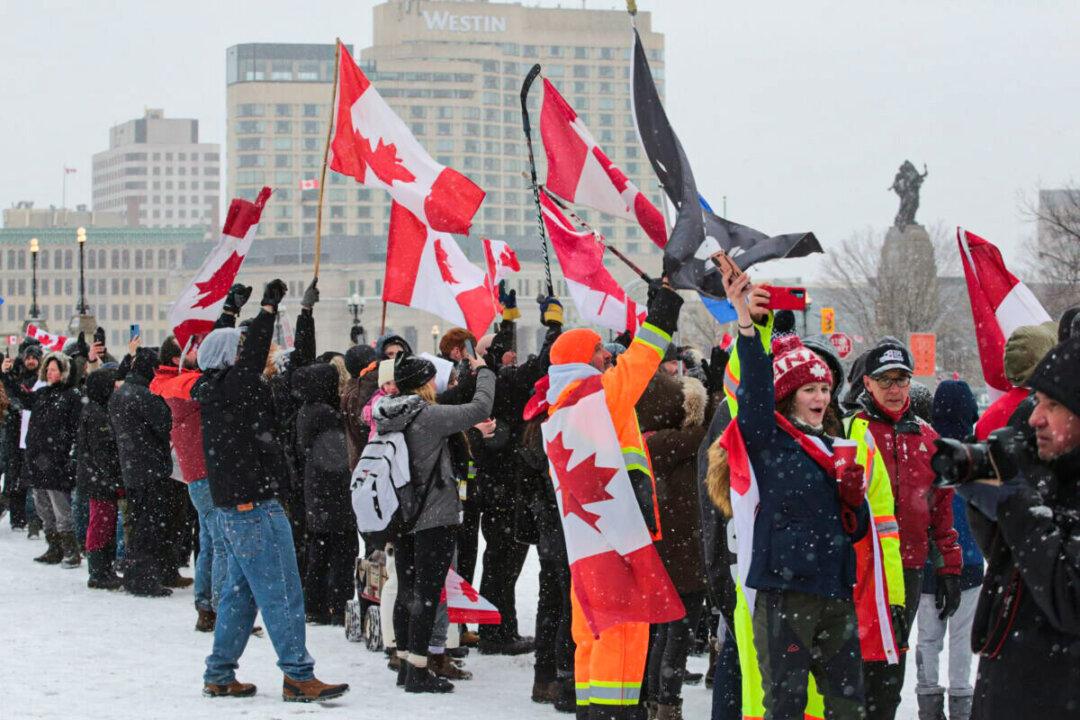Organizers of the protest against COVID-19 mandates and restrictions in Ottawa say their role is no longer needed, as the organic movement has now gained momentum, not just in Canada but around the world.
“The movement has only just begun,” said spokespersons Dagny Pawlak and Benjamin Ditcher of the Freedom Convoy 2022 organization in a press release on March 3.





